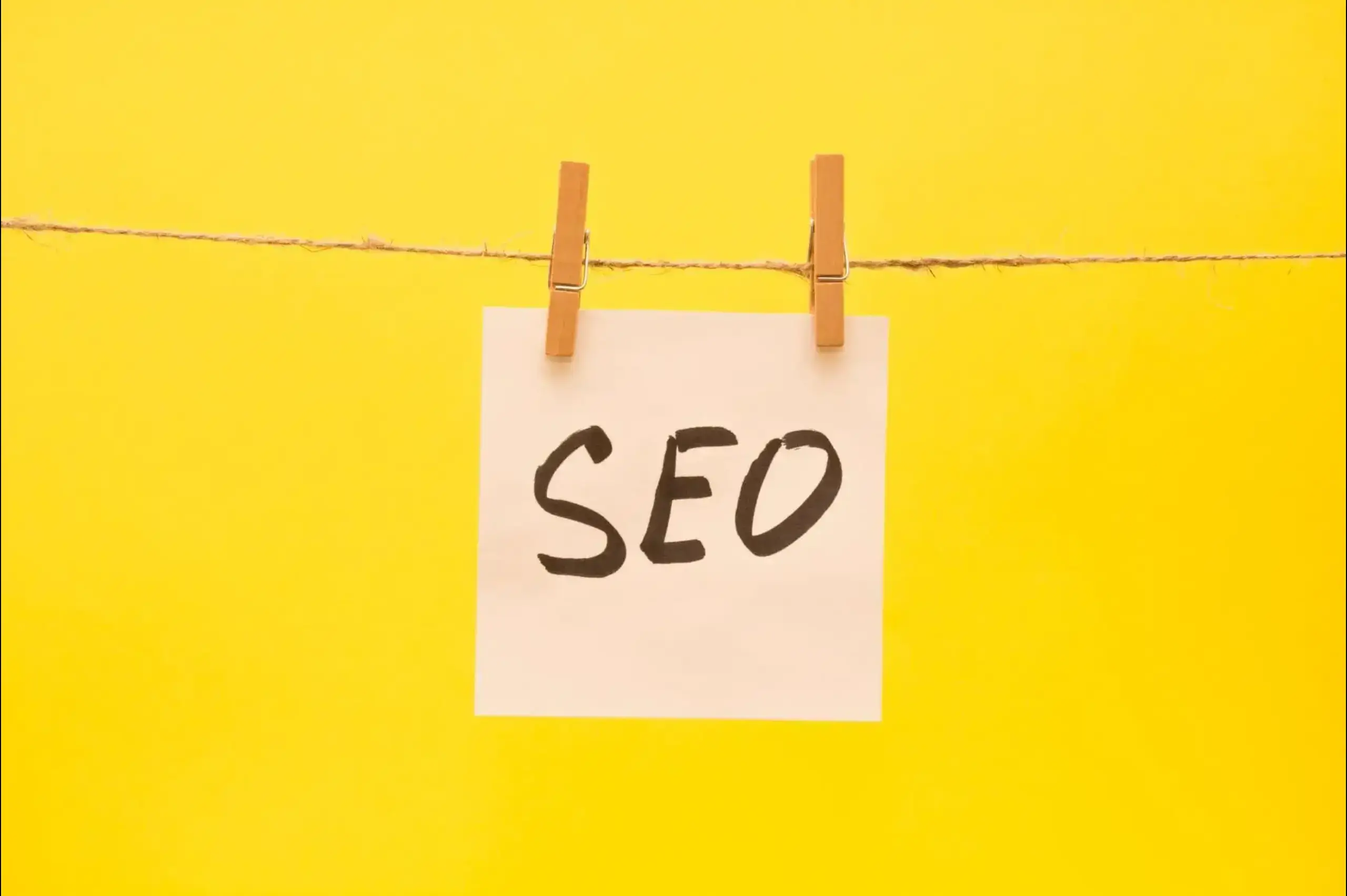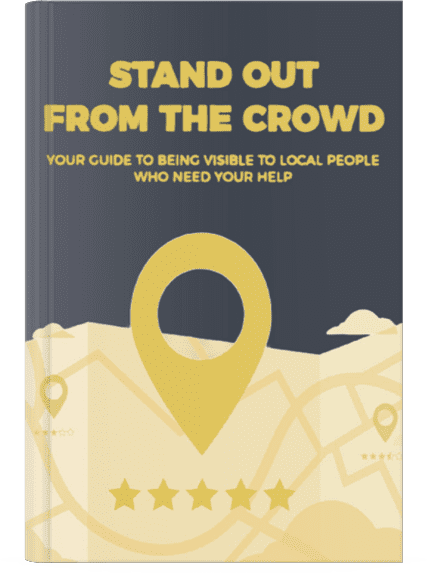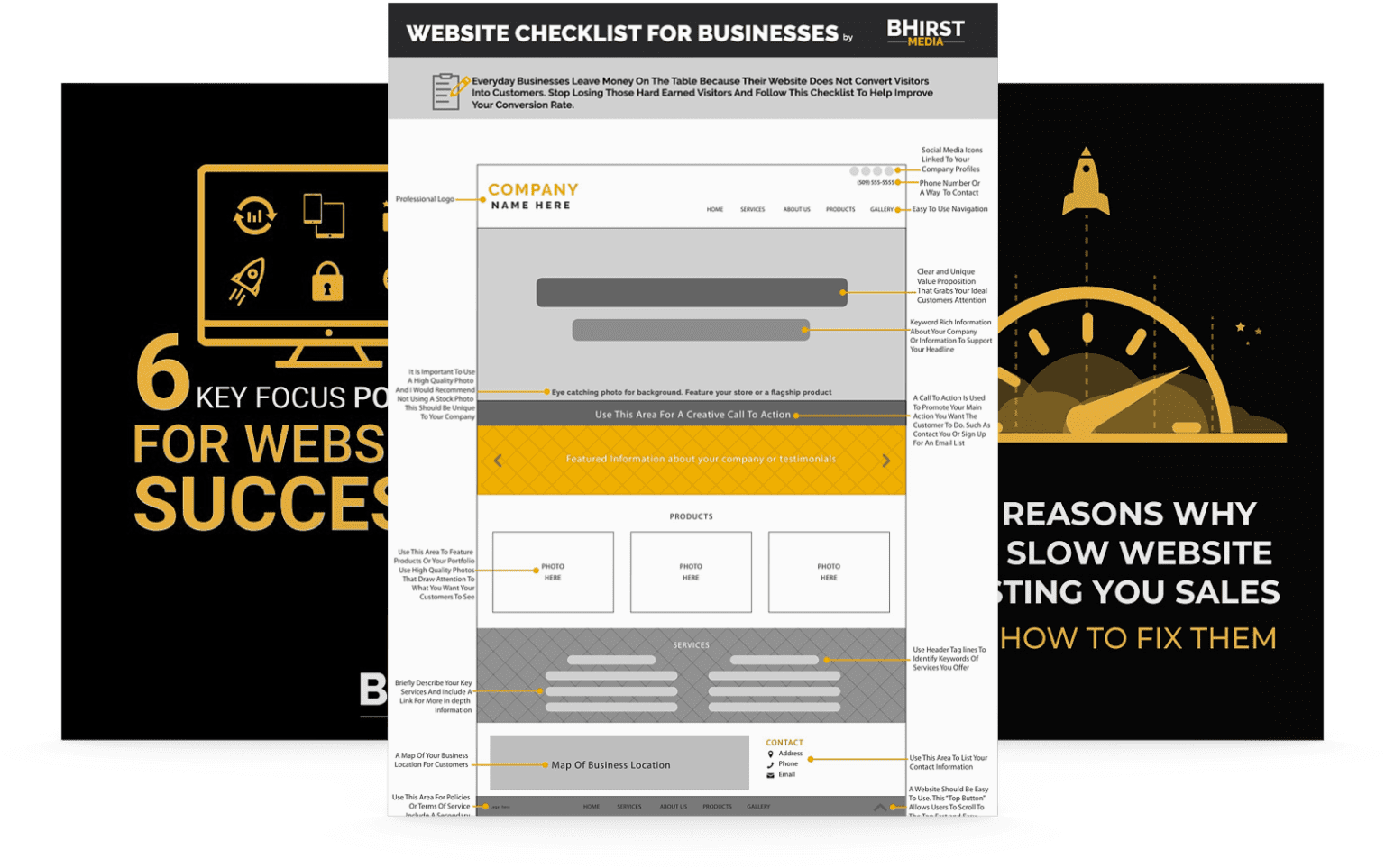
Your website is an essential part of your small business’s presence in the world. Since most people trust the internet to help them find what they need, you want your business to appear at the top of every relevant search result list.
How do you make sure that it’s your business name that customers find when they turn to Google or other search engines? First, you have to make sure that you optimize your website for search engine optimization (SEO).
Not sure exactly what SEO is or why it’s crucial for your website? Don’t worry. We can help. Here are some essential on-page SEO factors that you should know about when planning your small business website.
On-page SEO is the practice of optimizing various elements of your website to make it easier for search engines to find. It’s sometimes called on-site SEO because it focuses on your website. By optimizing each page of your website, you can rank it higher in search engine results. A higher ranking means your site will be one of the first organic (non-paid) search results people find when searching online.
Why is your on-page SEO so important? In short, it can boost your website’s visibility to anyone searching online. It can also make sure that only people who are looking for your type of business find it. Effective SEO tactics will help the right people find your business and understand at a glance what it is you have to offer them.
Every component of your website has a job to do. Some elements, like the copy, inform your customers about your business. Other factors are less obvious but no less critical. They help make your website stand out in a sea of websites so you can connect with customers easily.

Google looks at one thing above all else, and that one thing is content. If your site’s content isn’t up to par, you’re not going to rank well in search results. The qualities that Google looks for in your website content are expertise, authoritativeness, and trustworthiness. These qualities are crucial for your website’s success.
High-quality, useful content can help get people to your site, but poor-quality content can rank your site lower in search engine results, so fewer people will find it. And quality content will keep people on your site longer, increasing your chance of engaging with your customers in a meaningful way.
Meta descriptions describe what a page of your website is about. You often see these as a small block of text in search engine results that give a brief description of what you’ll find when you click the accompanying link.
Good meta descriptions not only help people find your site, but they can also help improve your click-through rate (CTR). In addition, a high-quality meta description gives the perception that your website is worth the click, so don’t ignore these.
For some people, headings seem like an afterthought. Even the title of a blog post may feel unimportant, but in reality, it can determine whether or not someone clicks on the link to that page.
Headings need to be relevant to the content on the page, and they should utilize keywords or key phrases to help make the on-page SEO more effective. For example, cute and funny headings might seem great, but readers won’t be amused if they aren’t relevant to the content, and neither will Google.
Keywords help search engines identify what your website or webpage is about so that it may be indexed accordingly. Therefore, how you use them is as essential as which keywords you use. At one time, keyword stuffing was the most popular and effective way to get a site seen and ranked by search engines, but that’s not the case anymore.
Google doesn’t just look for one main keyword. Using keyword phrases correctly can also boost your SEO. These should be used as naturally as possible and relate closely to your high-quality on-page content. Seamless use of keywords and keyword phrases helps strengthen your SEO and create a better user experience.
User experience is one of the most critical SEO factors because it directly impacts how your customers interact with your website. For example, if pages are slow to load (or don’t load at all), if the website looks awful on mobile devices, or if the content just isn’t any good (or doesn’t match what they searched for), users will leave the site and Google will take note.
Conversely, providing an excellent customer experience means that readers will stick around because they’ve found what they’re looking for and appreciate the content. So creating a positive user experience is good for your customers and great for you.
There are countless moving parts and technical elements of a website that need to be built and maintained with care. That’s not every business owner’s specialty, and that’s OK.
Managing your SEO and creating content requires a dedicated skillset and an objective eye, and sometimes that means calling in the experts.
At BHirst Media, we’re here to help. Contact Us today to learn more about our web design, content optimization, development, and website care plans, and make yourself known.
